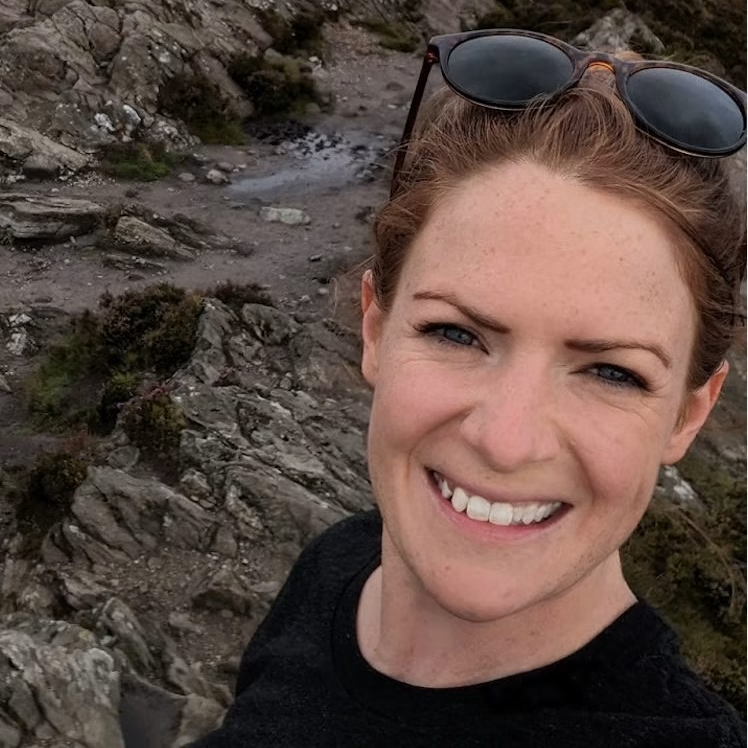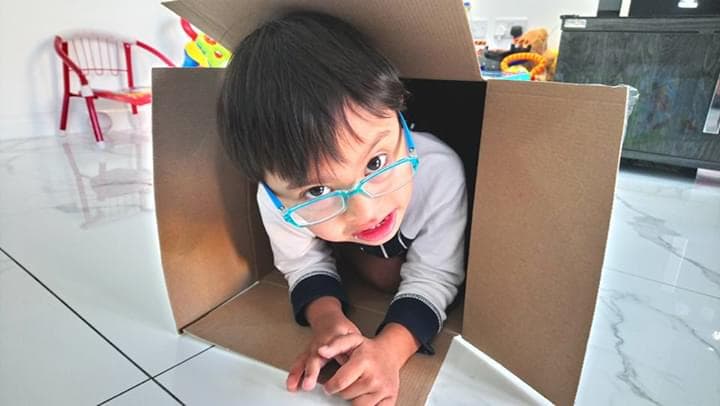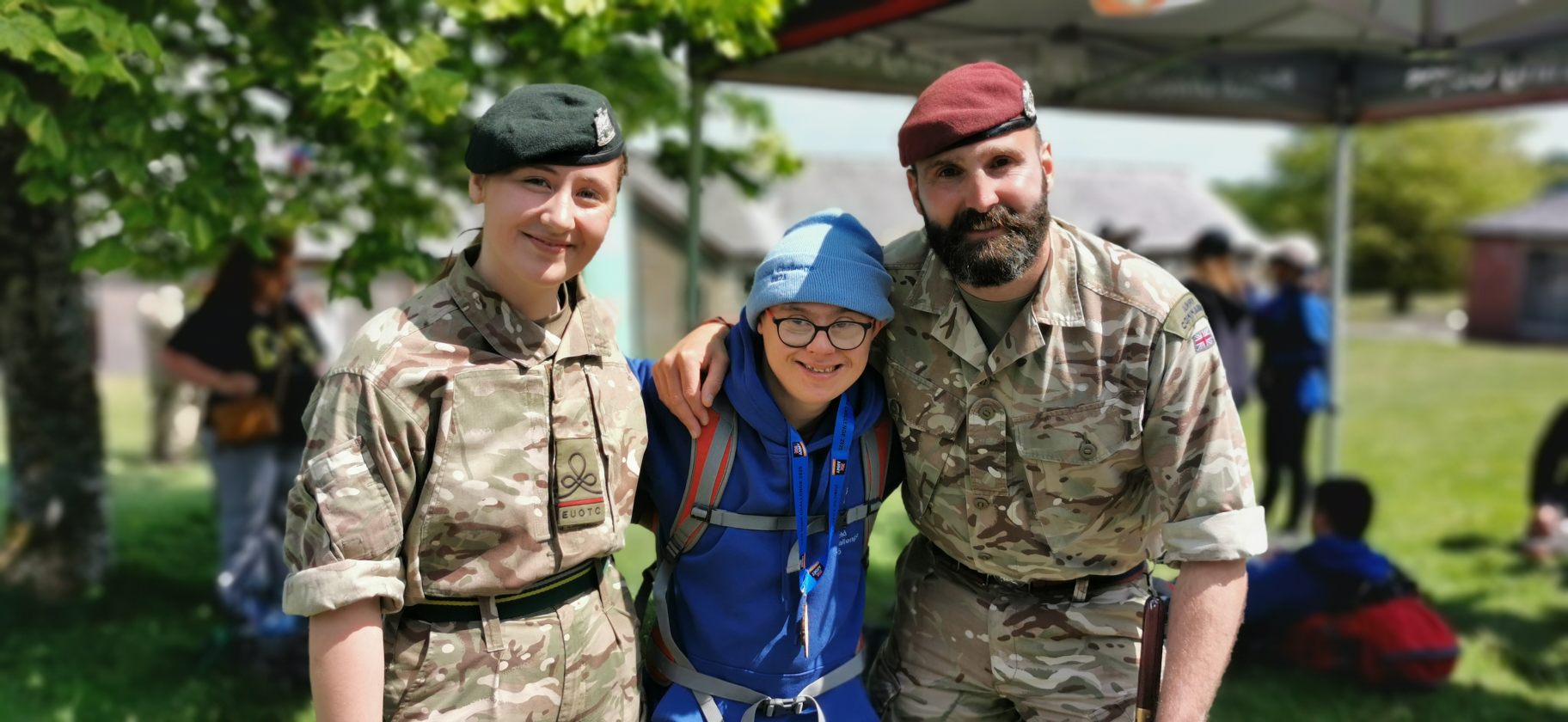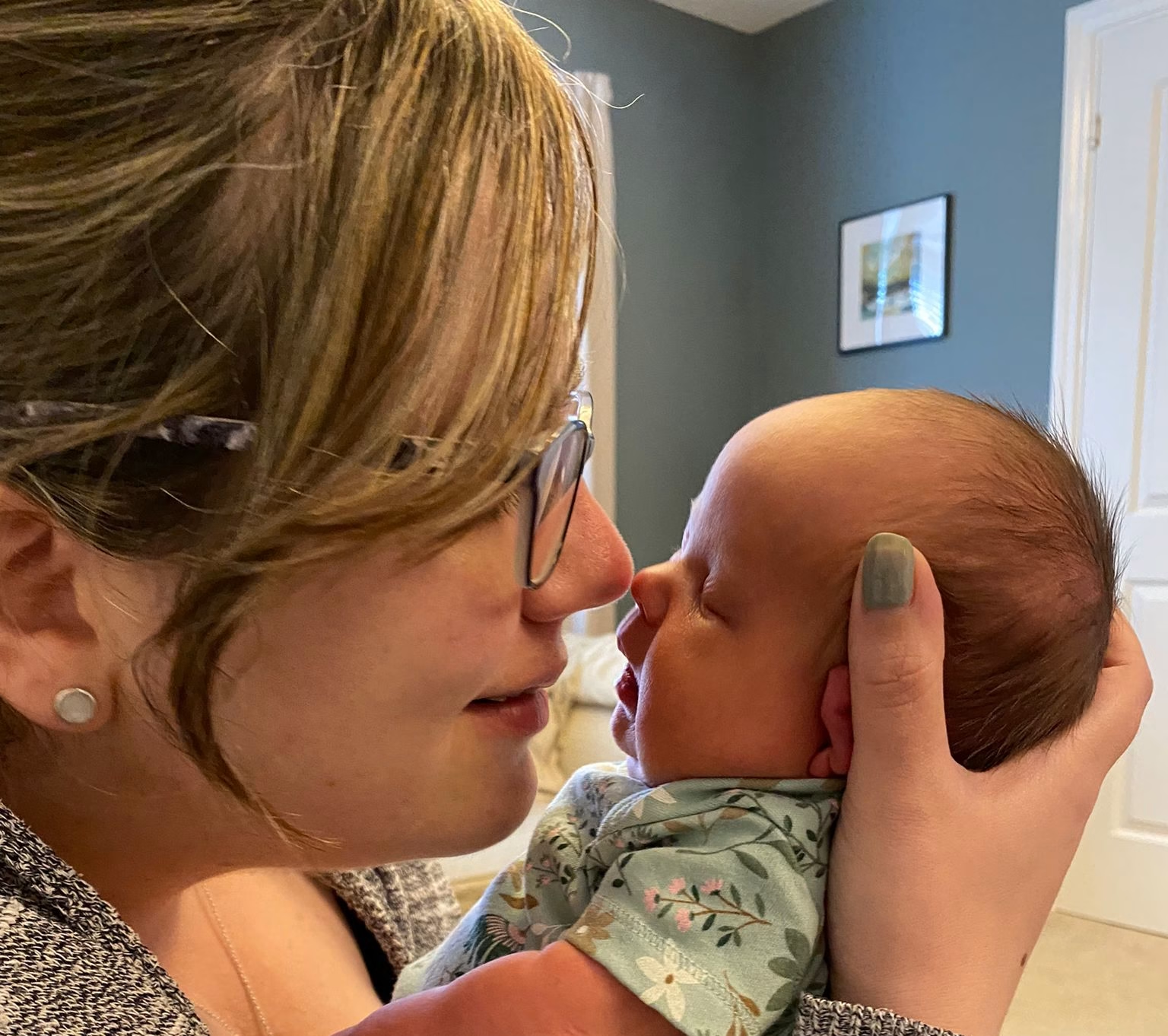Supporting Your Child with Down Syndrome to Enjoy After-School and Hobby Clubs: Real Parent Tips
- by Jo Willcox
For many families, after-school and hobby clubs are a brilliant way for children with Down syndrome to explore their interests, build confidence and spend time with peers. But we also know they can bring challenges – from finding the right club, to supporting your child to feel included and thrive.
So, we asked families in our community to share their experiences and advice. Here’s what they told us.
1. Start with inclusive, welcoming settings
Many parents highlighted the difference it makes when clubs and activities are built around inclusion.
“Our local children’s café is a not-for-profit with a big focus on inclusivity and maternal mental health. As part of my role, we’ve started some after school clubs including a kindness club and a cookery club. Both clubs are suitable from ages 3–8. My daughter ‘L’ is 4 and is really enjoying both of them. I need to be at hand to help her, but she’s growing in confidence and independence which is lovely to see.”
Clubs that embrace inclusion from the outset can help children feel comfortable to join in, and give parents reassurance that their child will be supported.
2. Explore different options to find the right fit
There’s no one-size-fits-all club. What works for one child might not suit another, and sometimes it takes a bit of trial and error to find the right place.
“Our daughter used to do Theatre Shed and Riding for the Disabled. She now does two clubs with Spectrum Community Arts – one is dance-based and one is music. She also has drumming lessons at a music academy. Her main hobby is riding rollercoasters!”
“RDA are amazing, such a fantastic charity. ‘L’ absolutely loves it and definitely benefits from it physically and emotionally. He also does a jazz class which he loves. My advice would be to go to a few and get a feel for different groups.”
Many parents mentioned Riding for the Disabled (RDA), swimming clubs, Rainbows, Beavers, gymnastics, martial arts and performing arts. Taster sessions are a great way to find a good match.
3. Work with providers to make adjustments
Sometimes small adaptations can make a huge difference to how a child experiences a club.
“They are completely flexible and let her go at her own pace. They changed the way they teach for her so they will show her visually how to do something.”
“Rainbows is an amazing organisation that I can’t recommend enough. They make adaptations for ‘B’ to ensure she can partake in all the activities.”
Clubs that are willing to adapt -whether that’s by modifying instructions, offering extra support, or letting children take a break when needed – can help children feel more confident and included.
4. Parent presence can build independence over time
Many families talked about staying nearby or offering quiet support during sessions, especially in the early stages.
“I will either be sat in the hall, or the car so I am never far and only intercept if I need to.”
This balance between being present and giving space can help children grow in independence at their own pace.
5. Be realistic about time and energy
Taking part in clubs can be hugely rewarding, but also time-consuming and costly.
“I only have one child and all these clubs are expensive and time consuming so not always possible for all families… And sometimes I feel I’m running myself into the ground with all this, but I see how much she enjoys it and how great it’s been for her development.”
It’s important to find a rhythm that works for your family. One club that your child loves and feels safe in can be more meaningful than signing up for too many.
Additional tips for finding the right club
- Look for shared interests. Clubs that tap into something your child already loves (whether it’s animals, music, swimming or dancing) can help them feel more at ease.
- Ask about inclusion upfront. A quick conversation with the organiser about how they support children with additional needs can tell you a lot.
- Try before you commit. Taster sessions can help you see how your child responds to the environment and staff.
- Collaborate with the school. Some families find that talking with teachers or heads first helps smooth access to school-based clubs.
- Think beyond after-school. Weekend or community-run groups can sometimes be more flexible and accommodating.
You’re not alone. Many families in our community are navigating these same choices and challenges. Whether your child loves swimming, dance, Beavers, martial arts or theatre, there are inclusive spaces out there where they can shine.
If you have more tips or stories to share, join the conversation in our private Facebook groups, where every Tuesday we invite you to share your experiences in our Top Tips Tuesday post.
💛 Your insight could be exactly what another parent needs to hear.
Share this post
Author
 Community Social Media and Marketing Coordinator
Community Social Media and Marketing CoordinatorJo Willcox is a teacher and author who has been part of the DSUK team since 2024. In her role, she connects daily with parents and online communities, helping to bring voices together and strengthen the DSUK community.
View all posts







